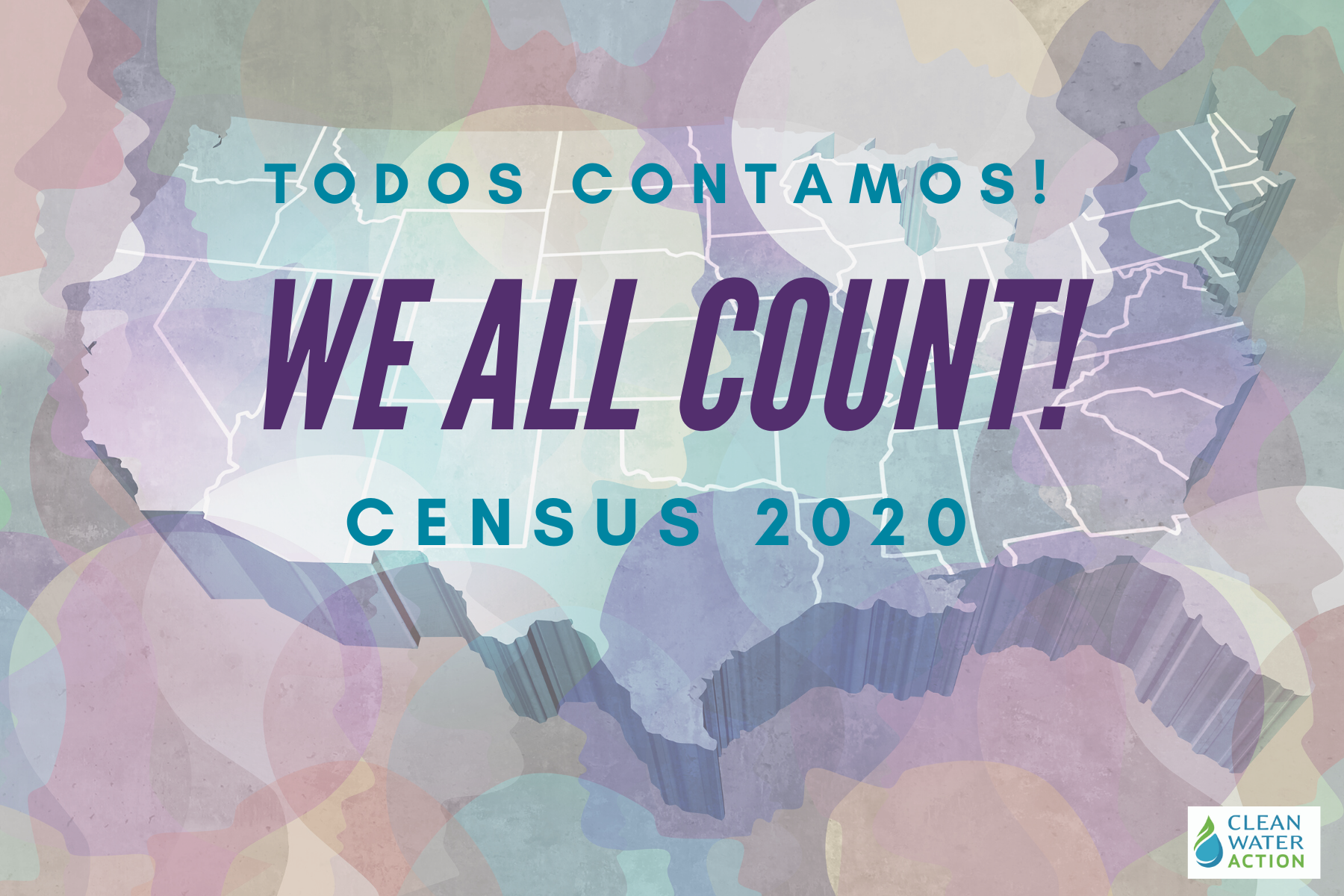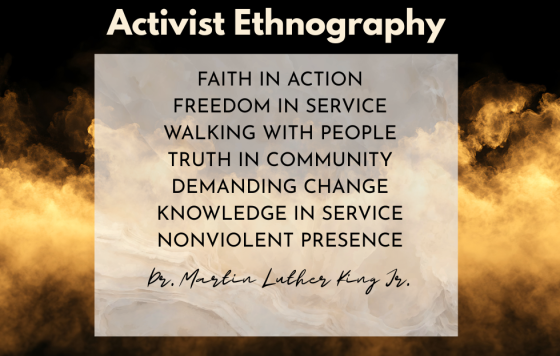
Have you filled out your census?
Believe it or not, this simple act is vital to protecting New Jersey’s environmental programs. The census determines the federal funding each state receives, where it goes, and how New Jersey is represented in Congress. It has an impact on everything from wildlife conservation to clean water to energy efficiency. And it’s on all of us to do our part and be counted in the census.
As calls are being echoed around the nation to fight all forms of racism and oppression, the importance of the census becomes even clearer. Injustices reveal how often voices are systemically suppressed in communities of color. Though in the ideal democratic society, every person counts, we’re not seeing this reflected in real life. This needs to change. Each of us needs to be counted, and to vote.
Environmental protection programs depend on federal dollars too.
When you think about federal funding, the programs that first come to mind might be Medicaid and Medicare, food assistance programs, education programs, unemployment, and aid for veterans. And it’s true—these programs are funded by federal dollars, and by filling out your census you help to ensure that they’re funded properly.
But the census also has an impact on state and local government’s ability to implement environmental programs, from watershed protection to wildlife restoration, energy programs to wastewater projects. Hazardous waste cleanups? Funded with federal dollars. Drinking water protections? Funded with federal dollars. Even farmers market nutrition programs are funded—you guessed it—with federal dollars.
In fact, 6.37% of federal aid goes towards environmental programs. Those funds are crucial to staffing up the NJ Department of Environmental Protection’s essential programs. You count—and where you count matters.
In the census, you count no matter where you come from, whether or not you have a permanent home, and regardless of your citizenship status. No matter what, if you live in the United States and in New Jersey, you can, and should, be counted.
But it’s not just important that you are counted—it also matters where you’re counted. For every person counted within your city limits, your town receives $2,600. People who are incarcerated in New Jersey are now being counted in their hometown so as to offer better services when they return to their community. Often, these facilities are in rural locales, which skewed previous census results (and federal dollar apportionments) unfairly towards less populated regions.
For New Jersey, it’s especially urgent that everyone is counted.
New Jersey ranks in last place in terms of federal dollars received compared to dollars paid in federal taxes. Our state only receives about 79 cents for every $1 paid—less than any other state.
We’re also losing representation with every passing decade. After the 1980 census, New Jersey dropped from 15 to 14 U.S. congressional representatives. In 1990, we lost one more. And in 2010, yet another. Currently, we have 12 members of Congress representing New Jersey.
As you can see, the census is not a survey of no importance. It is crucial for the state to secure both the federal dollars and representation it needs and deserves. And if we get it wrong in 2020, we’ll have to wait ten years, until 2030, to try again. So let’s make sure we get the numbers right. The census is not waiting for the COVID pandemic to be over. You, your family, and friends must be counted NOW! This is where you come in.
Act now by filling out your census online. And if you need a hand—or want to help others get counted—visit our friends at Census Counts. Can we count on you?


